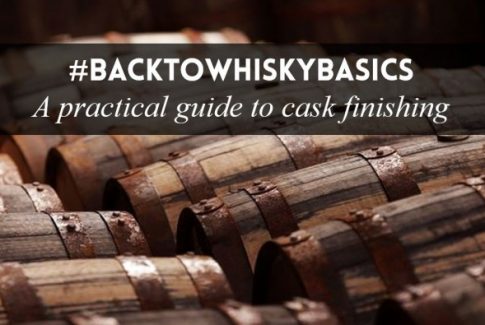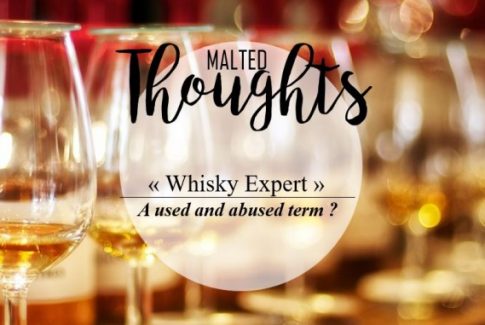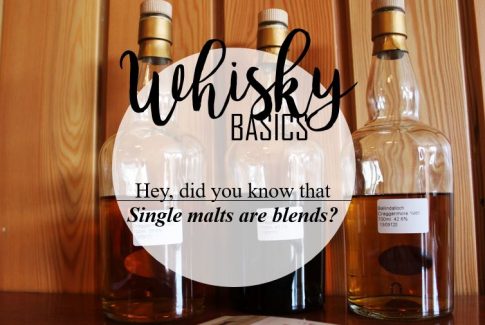
I’ve recently been hosting a few tastings for friends and amongst all the questions that were asked, I thought I would share 3 really relevant ones with you because we all need a bit of whisky education in our lives right?


To decant or not to decant?
So you’re probably quite familiar with those beautiful crystal jugs, taking all sort of fancy shapes to look even fancier – in fact, since your friends and family have learnt you were into whisky, you’ve already been offered 167987 of them for your birthday… But beside making you look James-bondy-style cool, are they actually useful ?
No, they aren’t. Exactly like those stone cubes meant to replace ice cubes (we’ve already discussed that…) but hey, they don’t do much harm either, as long as you’re planning to drink the whisky you just poured in your decanter soon enough.
While decanting wine has a –still debated– purpose : removing sediment and encouraging oxidation and thus “open up” the wine thanks to the contact with oxygen (but be careful with this as well, if decanting definitely changes your wine, it may not be in a good way 😉 but it’s not like I know anything about wine… ). Whisky, on the other hand, showing a much higher alcohol content (40% and above) and less tannins, has less chances to be impacted by the decanting process. If you want to open up your dram, try some drops of water instead, it will surely have more impact!

What is a teaspooned whisky?
Whisky is a fascinating industry really… And distilleries have come up with some rather creative solutions to avoid competition or maintain the quality image of their single malt offering. Teaspooning for instance, is actually when a distillery adds a “teaspoon” (or a bit more) of another whisky into a cask so that it cannot be bottled as a single malt from this distillery anymore by any broker or independent bottler. Protecting their brand is very important for distilleries (and also for the consumer…), and teaspooning is a response to the whole cask brokerage system.
But some teaspooned whisky may actually get bottled under a new brand name, Burnside is for instance known as being Balvenie – with a small percentage of Glenfiddich ! And you know what, it’s worth trying!

Can whisky only be aged in oak casks?
There’s this strong misbelief that whisky can only be aged in oak casks, while it’s actually true for Scotch whisky, Irish whiskey and Bourbon (as described by law), other European countries can be more innovative in their choices of wood as the official definition only states that whisky “has to be aged for a minimum of 3 years in WOOD casks”. Distillers have then jumped on the opportunity to differenciate their spirits, The East London Liquor Company is for instance maturing some of its stock in Chestnut casks !
______________________________
Cover pic: The Olympic Tavern









